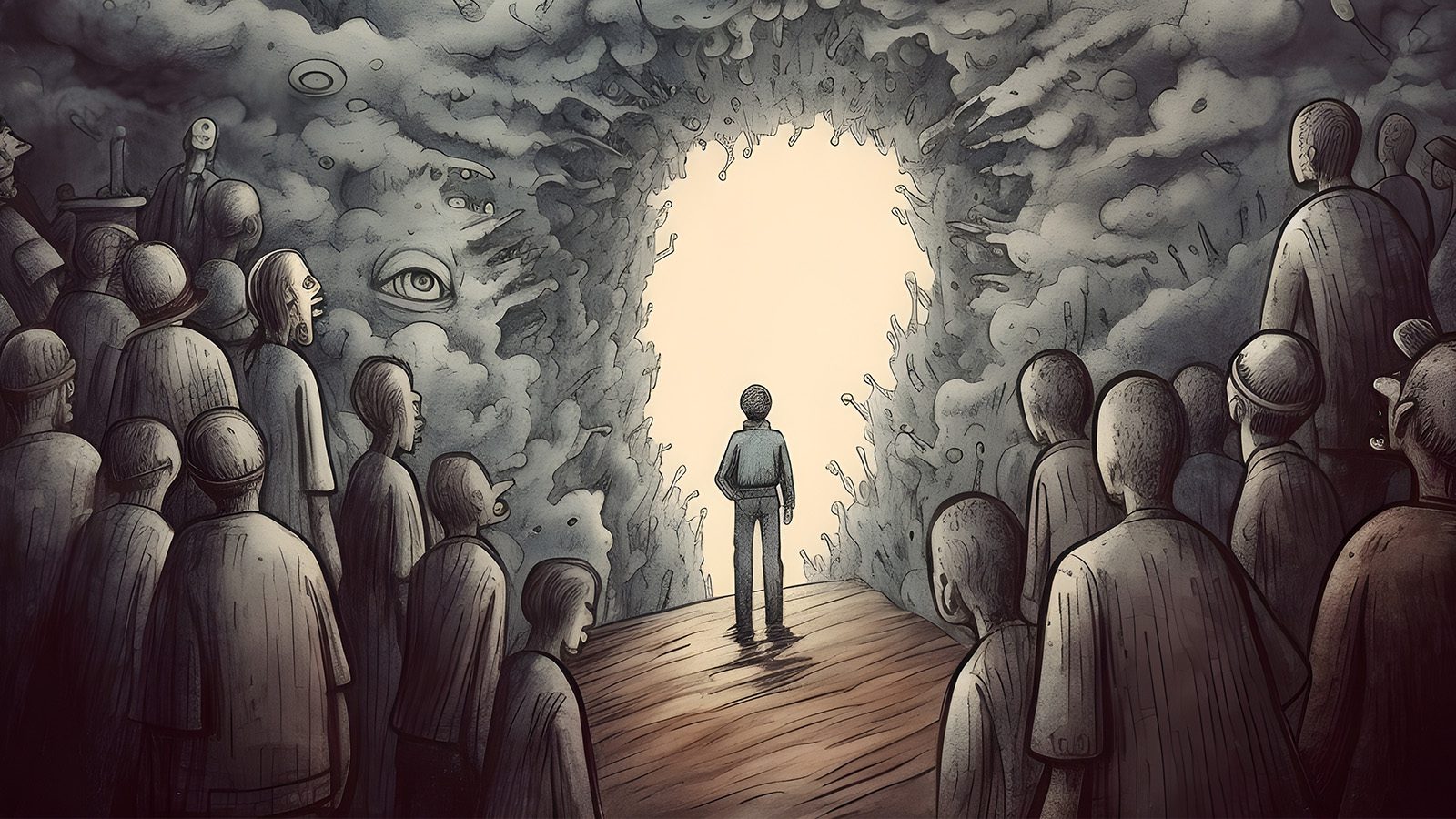Globally, millions of people deal with anxiety daily, and it can impact every facet of their lives. Those dealing with anxious thoughts often tend to worry about aspects of their relationships. For instance, they might wonder if their spouse or significant other will eventually leave them due to their anxiety. Or, concerns about becoming overly dependent on their partner might surface. All this overthinking and stress can easily take a toll on even the healthiest relationships.
However, it’s important to remember that it isn’t your fault if you suffer from anxiety. No one asks for a brain that works on overdrive and overanalyzes every conversation, text, or email. Most people with anxiety or other mental health struggles would do anything to free themselves from suffering. But it takes tons of personal development, self-care, and supportive relationships to begin the healing process.
Before you can work on overcoming any issues, you must accept that they exist. Many people in relationships don’t always realize how their mental health can impact others around them. Again, that doesn’t mean they intentionally exhibit these behaviors or want to hurt their partner. However, knowing the behaviors that harm relationships can help you see things from a different perspective.
7 Behaviors That Cause Anxiety In Relationships
1. Not feeling good enough for your partner.
This one isn’t a behavior so much as a general underlying feeling. Unfortunately, many people with low self-esteem end up having turbulent love lives because of how they see themselves. Creating one with another person becomes challenging if you don’t have a positive relationship with yourself. This is especially true if you have an intimate relationship or are going on dates.
Anxiety can make you feel like you’ll never measure up to your love interest’s standards. Having anxious thoughts can even cause you to avoid relationships altogether. After all, some people believe it’s better to have never loved than to get your heart broken. Not everyone wants an intimate relationship, but for those who do, anxiety can create painful barriers between the admirer and the object of their affection.
2. Being overly dependent on your significant other can create anxiety.
Another harmful behavior involves being codependent on your partner in a relationship. This maladaptive behavior usually stems from childhood neglect or abuse, which causes insecure, anxious, or avoidant attachment styles. Those with secure attachments to their parents tend to grow up in stable, loving, supportive homes. However, people with chaotic, unpredictable home lives generally deal with some attachment disorders.
Therapy and self-compassion can heal these deep wounds, but it requires a lot of internal reflection and effort. It’s best to tackle these issues head-on before entering a romantic relationship. Being insecurely attached can cause relationship anxiety because you may project past traumas onto your partner.
3. Depending solely on your partner for happiness.
We naturally want relationships with people who encourage us and make life more enjoyable. It isn’t wrong to seek partnerships with people who add positive energy to your life. However, it becomes a problem when you count on your partner as your sole source of happiness. Doing this puts immense pressure on a relationship and can ultimately drive your partner away.
It’s best to look inward for happiness first; then everything else becomes a bonus. Relationships are much more rewarding and drama-free if you feel complete with yourself. Remember, no one can make you happy except yourself, so don’t look to others to fill the void. Having a meaningful life before looking for romance can help prevent relationship anxiety since you’ll already feel fulfilled.
4. Questioning your partner’s feelings for you.
Sadly, many people with anxiety tend to second-guess how their partner feels about them. In their minds, their significant other is just one step away from leaving the relationship altogether. This ties back to having low self-esteem and never feeling good enough for a significant other. Someone with anxiety might believe their partner can never truly love or care about them.
They may also think their partner is losing interest the moment they need a little space. It’s normal to question your SO’s feelings sometimes, but it can easily become an obsession if you have relationship anxiety.
5. Overthinking everything your partner says or does.
People with relationship anxiety overanalyze every text, email, and conversation between them and their partner. They hang on to every word their partner says, which can quickly become an unhealthy habit. At the beginning of a relationship, it’s natural to wonder how your partner feels and obsess over them. But, over time, not being able to focus on anything else can lead to codependency and relationship anxiety.
6. Purposely sabotaging the relationship.
Unfortunately, another consequence of anxiety is wanting to run the second a relationship gets too serious. Some people feel uncomfortable with intimate relationships because of low self-esteem, childhood trauma, or other reasons. So, when they get too close to their partner, they do anything to sabotage the romance. They might instigate arguments, exhibit passive-aggressive behavior, or distance themselves from their partner.
These behaviors can create tension and anxiety in even the healthiest relationships.
7. Anxiety can make you lose your own identity.
Finally, anxiety can cause you to become overly dependent on your partner, even to the point of forgetting yourself. For instance, you might agree with your SO to avoid abandonment or arguments. If you’re codependent on them, you will do anything to keep them around, even if it means losing your identity. Those with unhealthy attachment styles tend to become enmeshed in their relationships and adopt their partner’s personality, beliefs, and views.
Final Thoughts on Things That Create Relationship Anxiety
Everyone experiences some anxiety in relationships from time to time. It’s normal to get involved with someone and want to share your life with them. However, it becomes problematic when stress and worries overshadow the warm and fuzzy feelings. If you experience anxiety, remember to practice self-care and extend compassion to yourself. Acknowledging how you feel first and treating yourself like a friend can pave the way for healthier, more fulfilling relationships.


















